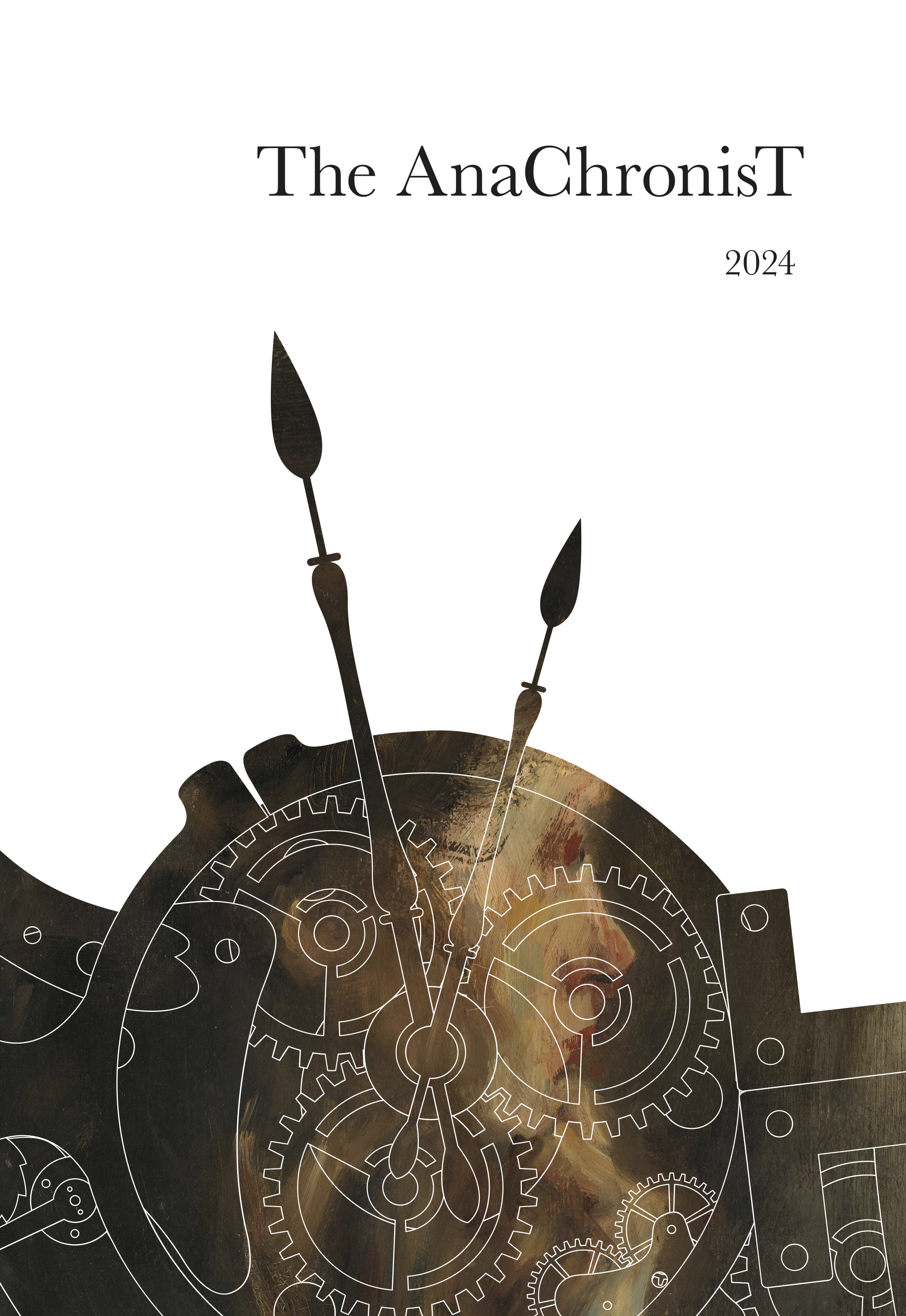Cyclical Time as the Liminal Space of Suffering and Denial in the Narrative of Septimus Warren Smith
DOI:
https://doi.org/10.53720/JYHD8891Abstract
Through comparing and contrasting studies from philosophy and mainly contemporary literary theory, this paper aims to outline how a complex temporal paradox is refigured in Septimus Warren Smith’s fictive experience. It is the argument of the article that we can detect the presence of a divergent, modern variant of the concept of Eliade’s archaic cyclical time in this experience, battling with a predominantly linear temporal paradigm, presented through the fictional society of the novel. I argue that linear time is inherently paradoxical as it simultaneously builds and corrodes the individual and that, in Septimus’s experience, cyclical time serves very similar purposes. I observe how Septimus’s fictive modern cyclico-linear time compares to Virginia Woolf's “moments of being” and isolate three types of moments pertinent to Septimus’s experience: the traumatic profane, the psychotic sacred, and the collective haunted. Through defining these three temporal concepts and underlining their presence in the narrative experience of Septimus, I aim to outline how the concept of cyclical time itself becomes a dark, intangible zone in the novel where transcendence is manifested as a consequence of trauma and denial. Septimus immerses himself in the liminal space of dark cyclical time both in hopes of healing, as he tries to amend his fragmented self, and out of necessity, as the post-war society’s denial banishes him into a hellish terrain of endless repetition. Tragically, through the ignorant effort of self-healing through denial, the novel’s society abandons its function to reintroduce Septimus to linear temporal experience. Hence, Septimus finally succumbs to be completely consumed by the liminal space of dark cyclical time. He fulfils both society’s unspoken wish to disappear and his own need to be free from his trauma—all the while an oblivious fictional world moves on in time.

